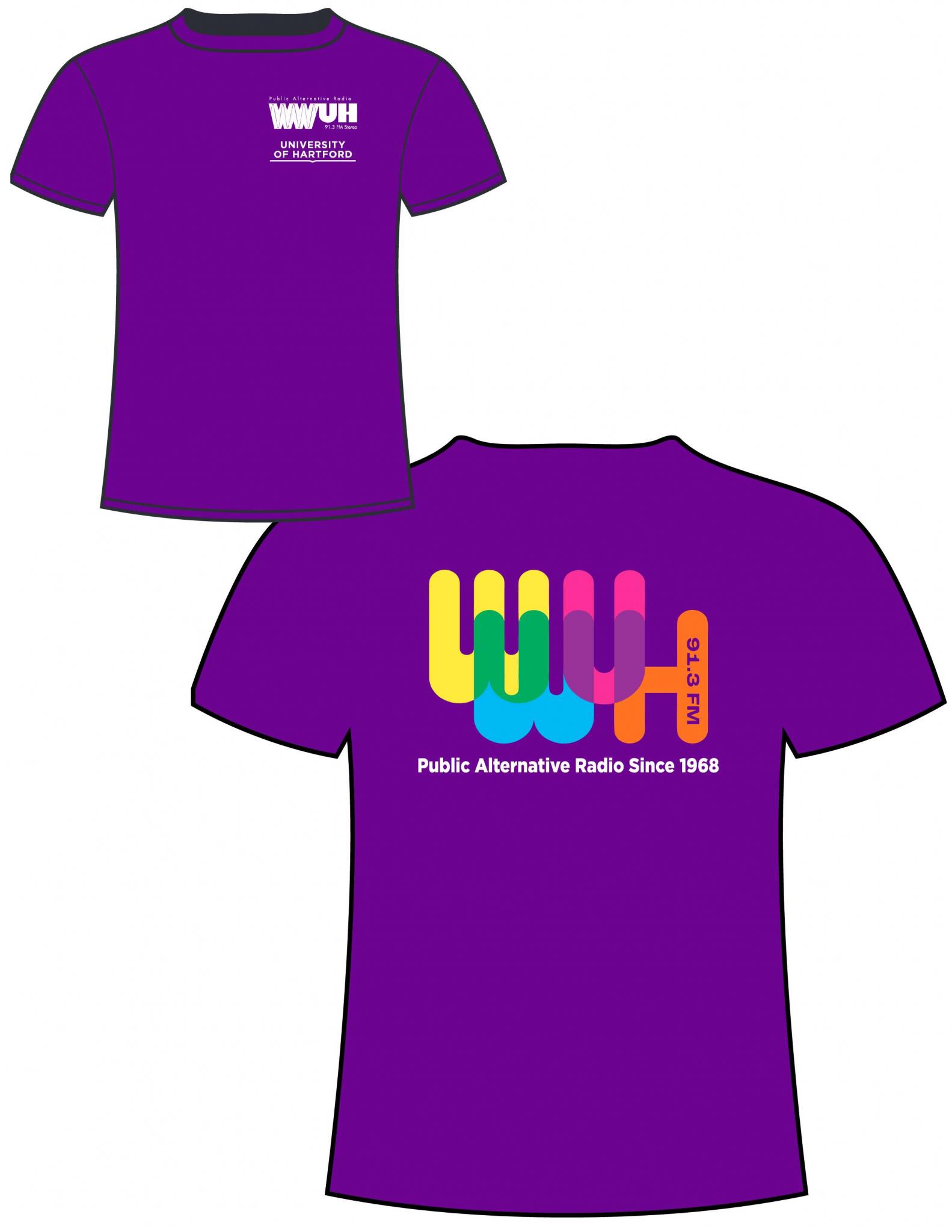Search
When the University of Hartford was incorporated just over 50 years ago by business and community leaders, they envisioned a center of education and culture for Greater Hartford. Read more...
Persons with disabilities who wish to access the WWUH Public File may contact John Ramsey at: ramsey@hartford.edu
Sunday Afternoon at the Opera - Telemann: Der Tag des Gerichts; Hovhaness: From the Ends of the Earth
Sunday Afternoon at the Opera host Keith Brown writes:
On the Fourth Sunday in Lent you get a heapin' helpin' of Apocalypse. Georg Philipp Telemann (1681-1767) is the all-time most prolific of composers. He outlived and out-composed his two famous contemporaries Bach and Handel. Over the years I have broadcast recordings of his operas and oratorios. From 1721 onwards Telemann resided in Hamburg, where he wrote cantatas and Passions for the city's most important churches, operas for the "Goose Market" opera house and works for various civic functions. A new,heated concert hall opened in Hamburg in January, 1761. For this venue the octogenarian composer wrote his last large-scale vocal/dramatic works.
One of those was an oratorio based on the Book of Revelation, Der Tag des Gerichts ("The Day of Judgement," 1762). Telemann himself styled it a Singgedicht (ie. a "sung poem"), divided into four parts or Betrachtungen (ie. "observations"). These four scenes of Judgement Day provided Telemann with ample opportunity for tonal depiction of the whole gamut of human emotions. I have broadcast Der Tag des Gerichts once before on Sunday, January 11, 1987. There is a Telefunken LP recording of this gem of the late baroque with that pioneer of period instrument practice, Nikolaus Harnoncourt, directing the ensemble he founded, the Concentus Musicus of Vienna, along with the Vienna Choirboys and the Monteverdi Choir of Hamburg. These are basically the same musical resources employed in Telefunken's complete series of the Bach cantatas back in the 1970's.
In 2010 Radio Germany's own label Rondeau Produktion released a new recording of Der Tag des Gerichts on a single compact disc. Gotthold Schwarz leads the Bach Consort of Leipzig in a scaled-down performance:only one singer or player to a part. There's considerable controversy concerning this minimalist approach to baroque music, especially when it comes to the Bach cantatas. When I auditioned the Rondeau CD for myself I found the sound of the Bach Consort to be full and satisfying. Perhaps that's because the recording session took place in the Schlosskirche of Torgau, where the accoustics seem to have enhanced the modest auditory output of the little consort.
Now for something completely different: The music of Alan Hovhaness (1911-2000) reveals a special American spirituality. It is at once profoundly Christian and embracing of all faiths and modes of spirituality worldwide. It combines Eastern and Western modes of tonality. Everything Hovhaness wrote was dedicated to the glory of God. It's quite fitting then that a vocal group named Gloriae Dei Cantores should record a major part of Hovhaness' output of music for massed voices. There's a psalm setting From the End of the Earth, Op. 187, which lends that phrase to the title of a 2011 CD compilation.
Elizabeth C. Patterson is the director of the internationally acclaimed "Glories of God Singers." They have sung repertoire in eighteen different languages. The Gloriae Dei Cantores group is based on Cape Cod. Their home venue of performance is the Church of the Transfiguration in Orleans, Massachusetts. The stone structure is a contemporary expression of a fourth-century AD architectural heritage, a place singularly suitable for the choral singing of both Western Catholic and Eastern Orthodox rite.





